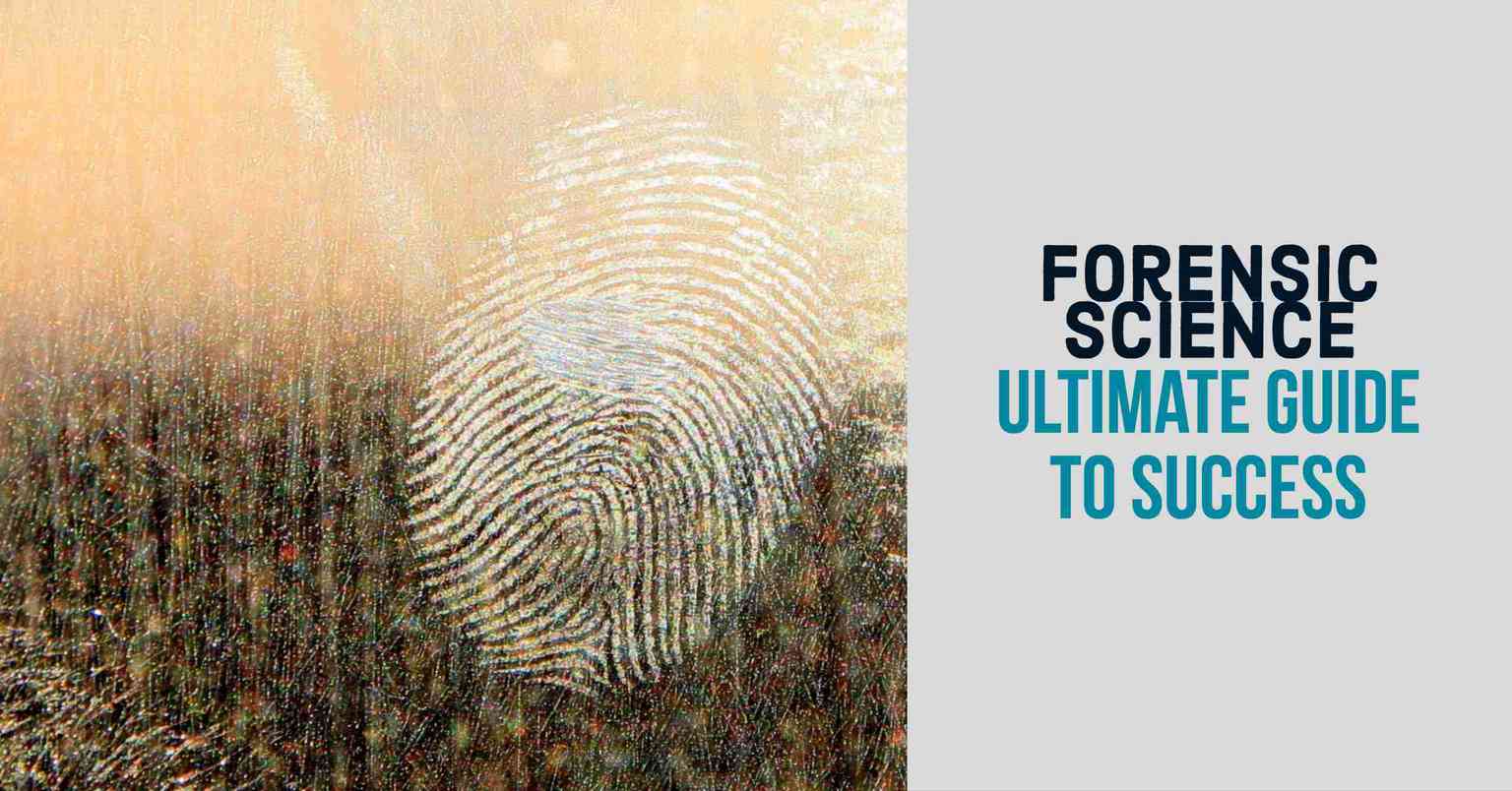

Forensic science Course Overview
Forensic science is not just detective work as portrayed on the popular television series CSI. It is the application of scientific methods and procedures to aid legal processes which involve crime. When a crime is committed, there are always physical clues left behind. That's when forensic scientists will analyse physical objects (including bloodied clothes and weapons) and substances (such as hair and body fluids) to gain essential information that will help solve the crime.
What will you study?
The course covers in-depth study, analysis and experimental laboratory research in the forensic disciplines of drug analysis, toxicology, trace evidence and forensic biology (which includes DNA analysis). Laboratory procedures will be an important part of your studies. You will need to be aware of evidence handling processes and courtroom procedures, as well as quality assurance and safety measures to avoid evidence loss or tampering.
Core subjects
Ballistics and explosives; biochemistry; biological and physical evidence; cell and molecular biology; criminology; DNA technology; forensic anthropology; forensic pathology; forensic physiology.
Typical course duration
You will need at least three years to complete a degree in this subject.
Prerequisites
Prior study and good grades in biology, chemistry and mathematics are required, with some institutions also requiring a background in physics.
What do graduates do?
Graduates can work as technicians, engineers, researchers and examiners in crime laboratories.